Within the framework of the workshop "Developing green road transport towards Net Zero 2050", many delegates said that in the digital age, the road transport sector can achieve double efficiency - both economically and environmentally - with ride-sharing services that help reduce 27% of traffic on the road.
This solution can also be considered an immediately deployable measure to contribute to the development of green road transport, towards the goal of net zero emissions by 2050.
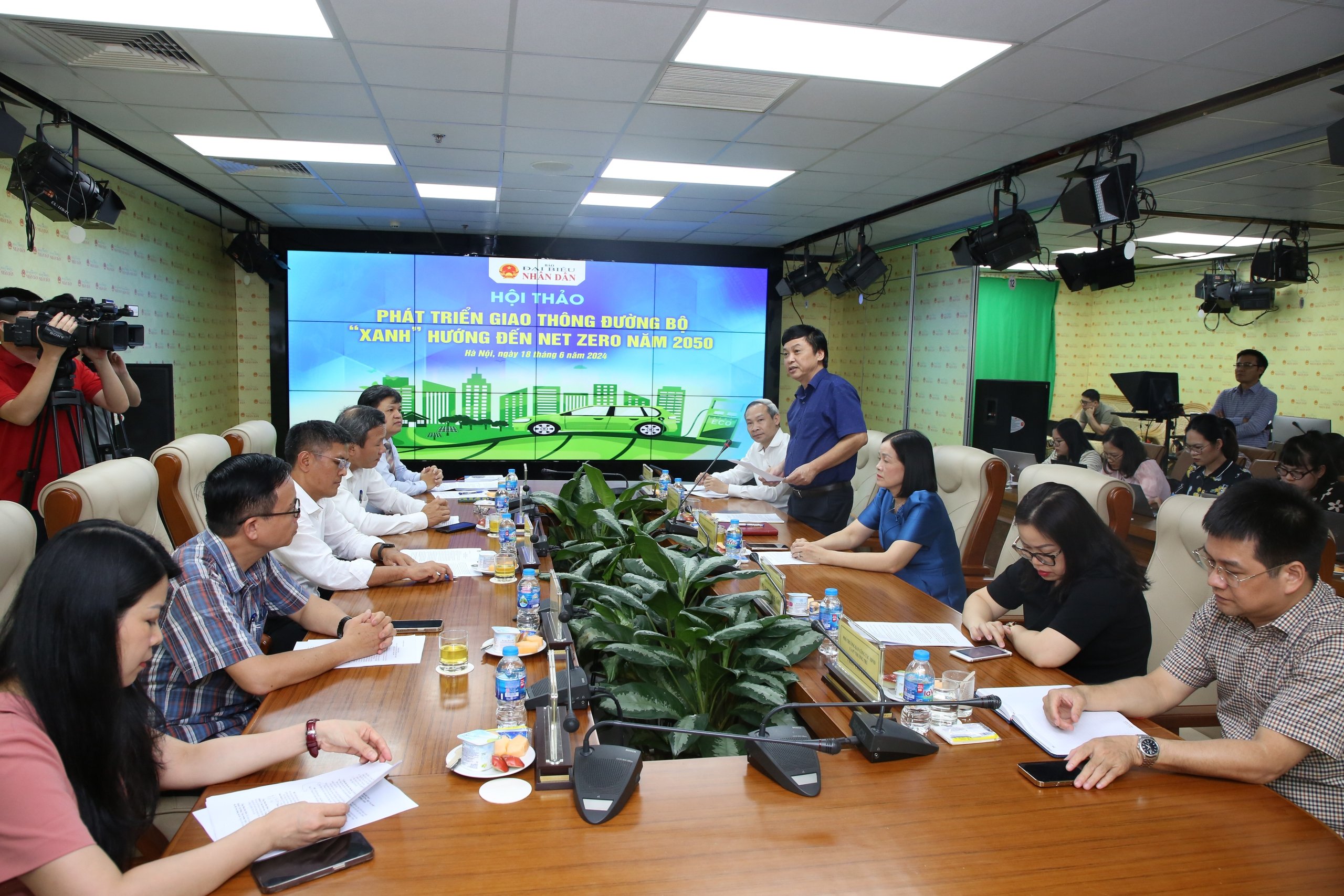
Conference scene.
Transportation is one of the major carbon and methane emitters. With the development of the economy and society, more and more people own personal vehicles such as cars and motorbikes.
According to statistics, by the end of 2023, Vietnam will have 5.4 million cars and 72 million registered motorbikes. This means that more and more emissions will be released into the environment.
Cutting emissions in the road transport sector in particular is a crucial task on the journey to Net Zero by 2050.
According to many delegates and experts, in addition to switching from fossil fuel vehicles to clean energy vehicles such as electric vehicles and hybrid vehicles; increasing the use of public transport, it is necessary to focus on implementing feasible practical solutions, taking advantage of available means without having to wait for infrastructure construction or time to develop energy sources to ensure energy supply during operation.
Make the most of your rides
Mr. Nguyen Hoang Hai, former Director of the Hanoi City Public Transport Management Center, analyzed that carpooling and shared cars have become popular and in reality this type of vehicle will reduce the use of personal vehicles.
In fact, thanks to digital technology , the road transport sector achieves double efficiency - both economically and environmentally.

Mr. Ho Cong Hoa, Deputy Head of Social Research Department, Central Institute for Economic Management, spoke.
Many carriers have optimized resource efficiency across all areas of business and operations; for example, order consolidation features to reduce unnecessary trips.
Ride-sharing services not only help passengers save costs but also increase the operational efficiency of each trip, thereby reducing emissions to the lowest level.
This can also be considered a practical and highly feasible solution in current conditions to effectively reduce traffic volume and environmental emissions.
According to a study by Boston Consulting Group, carpooling reduces the need for personal vehicles by 40% and reduces traffic on the road by 27%.
"From Hanoi to my hometown in Nghe An, I took a shared car, which only cost 600,000 VND/person. If I took a private car, the cost would be much more expensive. Without the shared car service, the car might have to run empty one way.
"It can be seen how useful the ride-sharing service is for both riders and car owners," said Mr. Ho Cong Hoa, Deputy Head of the Social Research Department of CIEM.
Creating suitable conditions for the development of ride-sharing models
The current draft Road Law stipulates: for the type of passenger transport business under contract, the transport business unit is only allowed to sign a passenger transport contract with the transport hirer who needs to hire the whole vehicle, meaning that each contracted vehicle can only carry one passenger or a single group of passengers.
At the National Assembly forum, some delegates said that this regulation is intended to prevent the practice of hiding under the guise of contract vehicles for business purposes, but this unintentionally limits a popular form of passenger transport in many other countries, which is the model of sharing contract vehicles with less than 10 seats through online ride-hailing platforms.
Therefore, delegates suggested that this regulation should be adjusted to control the situation of "illegal vehicles and bus stations" but still create conditions for ride-sharing services with less than 10 seats to operate, contributing to the development of public passenger transport through increasing efficiency while minimizing emissions.

Mr. Nguyen Hoang Hai, Former Director of Hanoi City Public Transport Management Center, gave his opinion.
According to Mr. Nguyen Hoang Hai, former Director of the Hanoi City Public Transport Management Center, with the current technology trend, it is completely possible to manage ride-sharing services.
Technology will help us solve the problem of managing technology applications to minimize risks, the remaining problem is how we accept it from the perspective of policy planning, decision making and implementation.
"I strongly support the use of technology for management, it should not be banned," the Deputy Head of the Social Research Department of CIEM agreed.
Sharing this view, Vice Chairman of the Committee for Science, Technology and Environment Ta Dinh Thi said that countries have applied this model for a long time, to make it convenient for consumers, so from the perspective of managers, it is necessary to pay attention early to have appropriate regulations.
Regarding infrastructure, in countries there are separate lanes for vehicles carrying many people (for example, more than 10 people); for consumers, there should be discounts; for vehicle owners, there can be preferential policies to reduce costs, expenses, and effective management.
The manager's responsibility is especially important - the manager must have a complete, comprehensive, and synchronous perspective.

Mr. Ta Dinh Thi, Deputy Chairman of the Committee for Science, Technology and Environment shared at the workshop.
Assessing the values that ride-sharing services can bring in real time, experts and delegates said that this model should be acknowledged and regulations should be quickly added to manage it effectively, especially in the context of the Road Law being discussed and about to be passed, contributing to the development of green road transport, towards the goal of net zero emissions by 2050.
Source: https://www.baogiaothong.vn/huong-den-net-zero-2050-tao-dieu-kien-phu-hop-cho-dich-vu-chia-se-chuyen-xe-192240623202956109.htm



![[Photo] Prime Minister Pham Minh Chinh meets with representatives of outstanding teachers](https://vphoto.vietnam.vn/thumb/1200x675/vietnam/resource/IMAGE/2025/11/15/1763215934276_dsc-0578-jpg.webp)
![[Photo] General Secretary To Lam receives Vice President of Luxshare-ICT Group (China)](https://vphoto.vietnam.vn/thumb/1200x675/vietnam/resource/IMAGE/2025/11/15/1763211137119_a1-bnd-7809-8939-jpg.webp)


![[Photo] Panorama of the 2025 Community Action Awards Final Round](https://vphoto.vietnam.vn/thumb/1200x675/vietnam/resource/IMAGE/2025/11/15/1763206932975_chi-7868-jpg.webp)


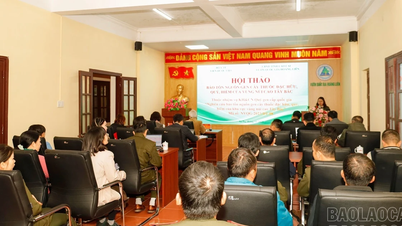

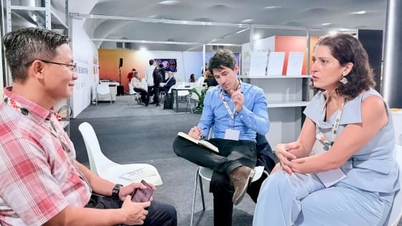

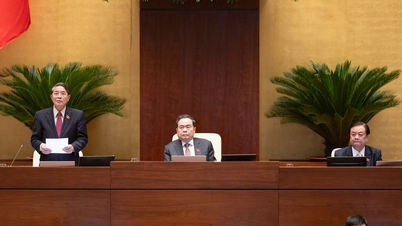



























































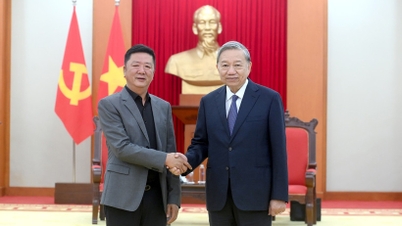





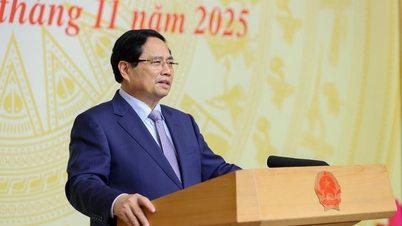
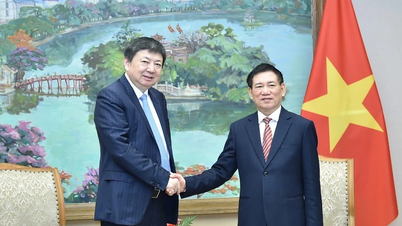





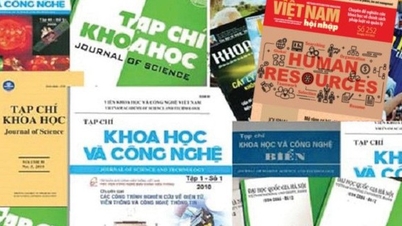
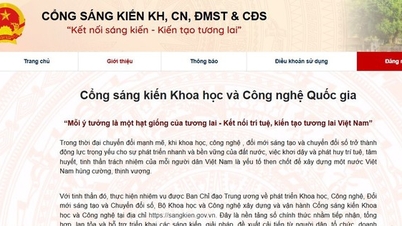
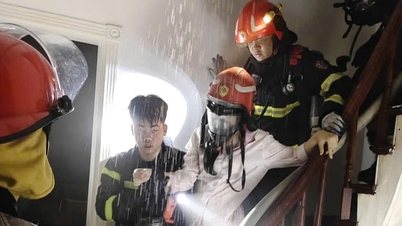




















Comment (0)